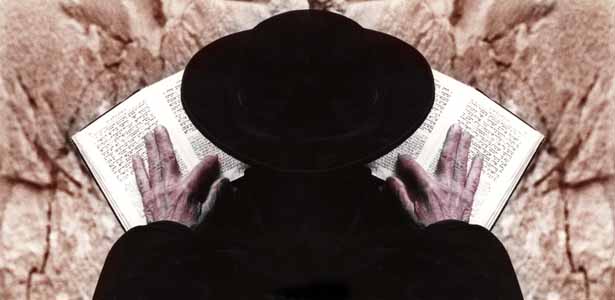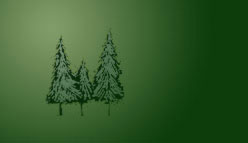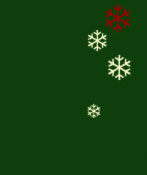
While the Christian and Jewish traditions share scripture, and thus the same problems of doctrinal ethical resource for how humans should treat the environment, the Torah is also filled with rich language which describes and glorifies nature. For example, the principle of bal tash-chit,do not destroy, is exemplified in Deuteronomy 20:19
Do not cut down trees even to prevent ambush, do not foul waters, or buen crops even to cause an enemys submission.
and Job 12:7-9: But ask the beasts, and they will teach you; the birds of the sky, and they will tell you; or speak to the earth and it will teach you; the fish of the sea, they will inform you. Who among all these does not know the hand of the Eternal has done this?
These passages specifically imply that all beings, not just humans are part of creation, and that it is possibly only humans who question the authority or likelihood of God.
During the period of time when the Mishnah and Talmud were developed, Jewish mystics wrote bekhalot hymns which evoked the majesty of God through the wonders of the earth and nature. Talmudic sages added rituals of blessing such as Kiddush Levanah, renewal of the moon. These rituals made ecological concerns concrete by translating them into codes of action, and by responding to cycles of nature. Talmudic sages also translated the principle of bal tash-chit into a series of specific prohibitions against wasteful actions.
The mystics of Safed developed Tu Bshvat seders to celebrate the presence (immanence) of God in nature. Moses Cordovero, author of the tu Bshvat Haggadot said, the principle of wisdom is to extend acts of love toward everything, including plants and animals.
Baal Shem Tov, founder of Hasidism, said, "Nature is the very essence of Deity."
Rabbi Daniel Swartz, in his essay, "Jews, Jewish Texts, and History," says that Jospeh Kimkhi's commentary on Genesis wrote that the "us" in God's "Let us make humans," refers to God working together with nature.
Consider the story of Noah's Ark. Noah was responsible for gathering a male and female of every species. In Genesis it is stated that man has dominion over nature. It is essential to note the difference between dominion and dominance. It is is the story of Noah that we clearly see the value placed on all species.
During the 19th century in Europe, specifically central and southern Russia, the Haskalah, "enlightenment," encouraged the establishment of farms. The Haskalah encouraged the renewal of the Jewish spirit, and Jewish poets and writers felt the necessary way to do this was to reconnect with nature. Saul Tchernikovsky, Haskalah poet wrote:
"And if you ask me of God, my God/Where is God that in joy we may worship?/Here on Earth too God lives, not in heaven alone/A stiking fir, a rich furrow, in them you will find God's likeness. Divine image incarnate in every mountain. Wherever the breath of life flows, you will find God embodied/And God's household? All being: the gazelle, the turtle, the shrub, the cloud preganant with thunder/ God-in-creation is God's eternal name."
The Judaic tradition insists that we believe this is God's world and not our own. Rabbi Daniel Swartz says, "to take seriously the notion that we are but leasing the planet from God is to provide ourselves with specific behavioral guidelines. One who leases is called, in general, a shomer, usually translated as guardian. The specific type of lease we have on Earth is that of a sho'el, a borrower. Borrowers may use any part of what they borrow- but they must ensure that at the end of the term of the lease, and at any given moment during the lease, the property is at least as valuable as it was at the beginning of the lease."
Probably the most powerful source for Jewish ecological concern was said by Rabbi Yohanan ben Zakkai:
If you have a sapling in your hand, and someone should say to you that the Messiah has come, stay and complete the planting.
|




